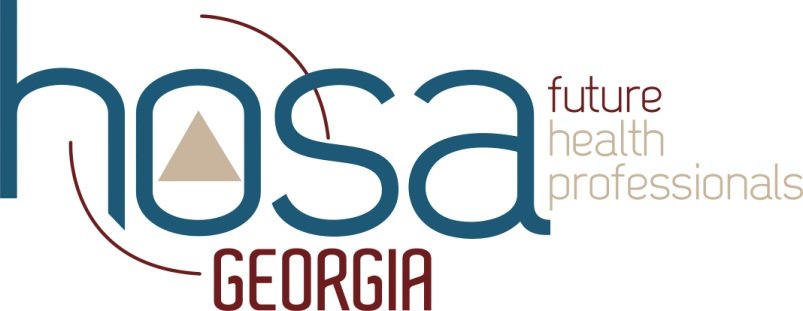E-Magazine: The Influence of Healthcare
The Influence of Healthcare
Have you ever thought about the U.S. healthcare system? Like, really looked into some of the disparities, inequities, and other issues that affect the quality of healthcare for millions of Americans? For me, it was something I didn’t look into for most of my life, but I figured that, given my interest in healthcare, I should probably start. So, I attended the CDC Online Summer Program this year and was able to gain a better understanding of why exactly the U.S. healthcare system is ranked last among 6 other industrialized nations in quality of healthcare1.
One of the most important things to consider when thinking about health equity, that is, “the absence of unfair and avoidable or remediable differences in health among population groups defined socially, economically, demographically or geographically2,” is that it consists of more than just healthcare. The social determinants of health consist of Built Environment, Community-Clinical Linkages, Food and Nutrition Security, Social Connectedness, and Tobacco-Free Policy3. Obviously, healthcare, associated with community-clinical linkages, is only part of the key to achieving a population with a generally high quality of life. Still, that is the area where we, as future healthcare providers, can directly help those around us. The other factors mentioned are much harder to influence and achieve equity in as they are often interconnected with politics and the government.
One example of community-clinical linkage we learned about during camp that resonated with me was the use of fire stations as clinics in California4. This method not only makes sense because fire stations are under-used but also because it provides healthcare access to people who may not have the money or access to go to an emergency room. Weeks later, it is still astounding to me that healthcare facilities have the power to sustain equity, and HOSA members can be a part of this change.
All in all, healthcare may seem like a one-sided field when considering its purpose, with most people thinking it is to treat patients and keep everyone healthy. The reality is much more complicated, however, since there are so many disparities in our society worth fixing that are visible across different racial, ethnic, and socioeconomic groups. I’ve learned that being a healthcare professional means helping everyone achieve their health potential and overcome those disparities.
-Fabricio Pena Damoni

